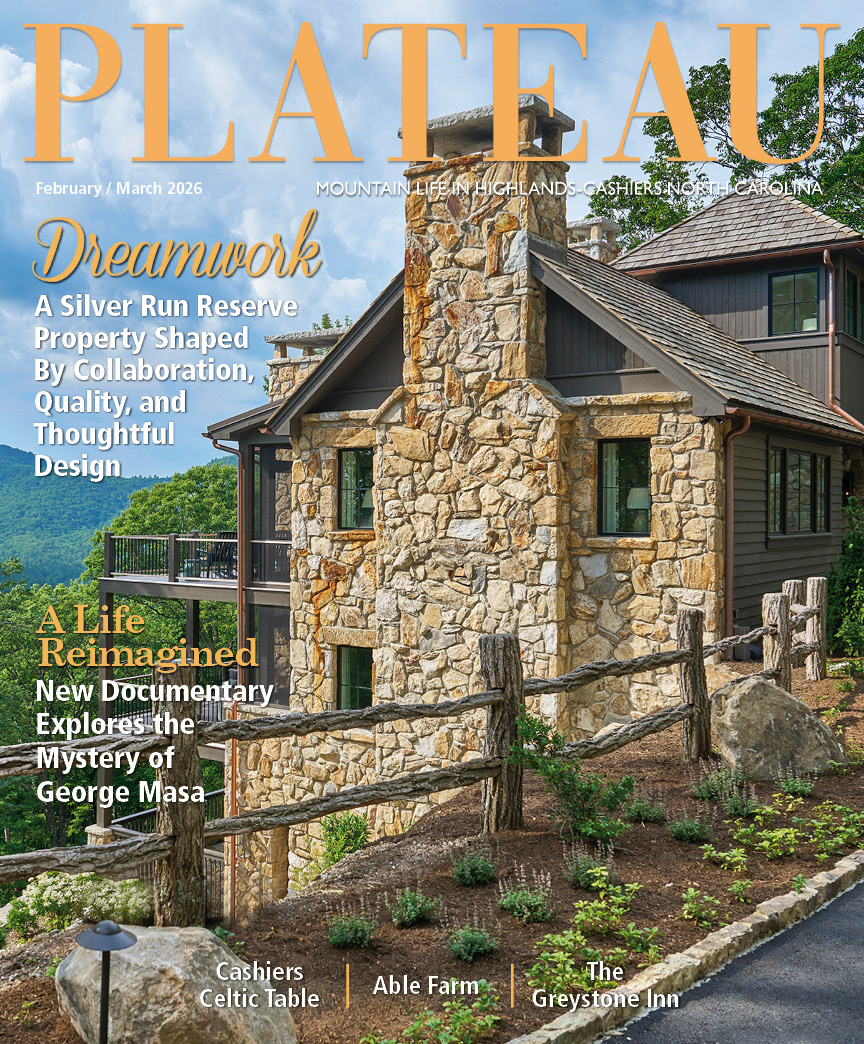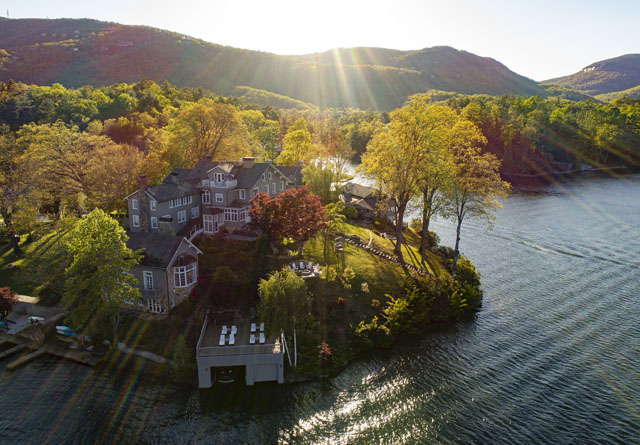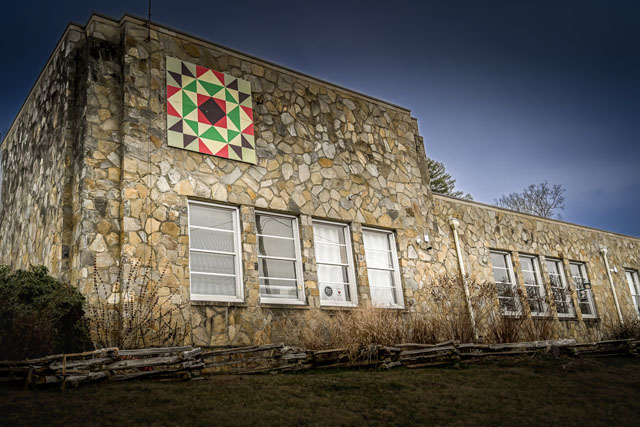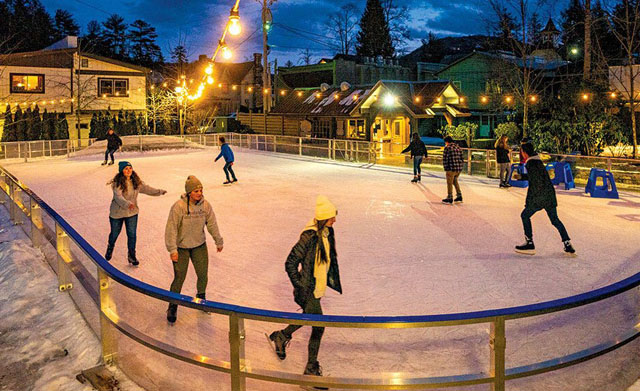Native, Never Invasive
03 Jun 2024
Protecting plateau biodiversity for future generations
By Julie Schott
Photos by Andrew Renfro
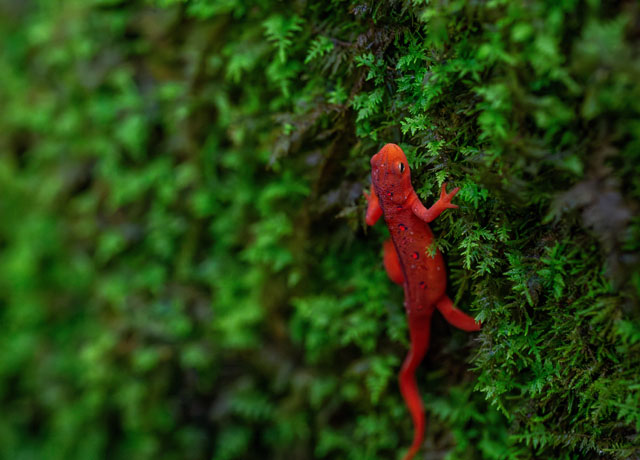
Our mountains are ancient. Their geology tells us they were formed about 440 million years ago and, over time, changes in the landscape have created ideal habitat for an abundance of plants and animals.
As the most ecologically rich in the temperate world, our wild places are home to over 400 species of rare plants and 250 endemics, meaning they occur nowhere else on the planet. The plateau is truly a botanical paradise.
Plants are not the only thing that thrive here. We have more salamander species than any place in the world, 186 species of birds and 174 species of butterflies not to mention bear, deer and many other animals and insects, all of whom serve an important role in the ecosystem.
Our streams and rivers contain the largest variety of fish, freshwater mussels and crayfish in the temperate world, more than 230 fish species have been documented and new species continue to be discovered. The river that flows below Franklin is an aquatic hotspot that contains over half the freshwater fish and mussel species in the state.
Indeed, our mountains have incredible biodiversity, a term used to describe the variety of species in a given ecosystem. Much of what many of us love about the plateau, the lush forests, mild temperatures, clear waters, colorful flora and abundant wildlife, are thanks to and dependent on its rich biodiversity. This is increasingly important as, globally, biodiversity is in a state of drastic and alarming decline.
Habitat loss, invasive species, pollution and climate change are among the leading causes of biodiversity loss, and all are increasing threats here on the plateau.
Small changes over time can go unnoticed on a daily basis but before we know it can lead to devastating loss or incredible gain – the choice is ours.
“The unraveling of the ecosystems and their biodiversity, the interconnectedness of life and nature, does not take millions of years, but instead, as we are seeing now, can happen within our lifetime,” says Andrew Renfro, Highlands-Cashiers Land Trust’s (HCLT) land conservation director.
HCLT, a nationally accredited, nonprofit conservation organization with a mission to conserve valuable natural resources for all generations has conserved over 4,300 acres in over 130 places in and around the plateau by working with private landowners to voluntarily conserve their ecologically important land.
One thing HCLT looks for when conserving land is connected greenspace which wildlife need for places to feed, breed, raise their young and also to migrate. The north-south orientation of the Appalachian Mountains provides a natural corridor that allows species to migrate easily and has been referred to as “Nature’s Highway.” During the last ice age, around 18,000 years ago, the southern Appalachians were not glaciated like the north so species sought refuge here and, in fact, some of these “glacial relics” still remain on the plateau today. As climate change becomes a bigger concern, our mountains once again provide sanctuary for species whose homes are no longer habitable. Ours are some of the most globally significant landscapes for confronting climate change and protecting biodiversity.
Invasive species are a fast-growing serious threat on the plateau and something that HCLT takes seriously.
“HCLT works to control invasive species on its conservation properties across the plateau, utilizing the help of volunteers. The work is hard but greatly important. Many of these invasive plants that we struggle to control are still to this day sold and installed in new landscapes across the area. Each introduced non-native invasive species opens up the surrounding ecosystems to long-term threat and collapse of biodiversity,” says Renfro.
Far too often, it feels like the challenges we face on a global level are beyond our control, but we are in a unique position. By conserving and caring for these, some of the world’s oldest and most biologically diverse lands, we can make a significant impact now and for future generations. Here are a few ways you can help: plant native, never invasive; join hundreds of plateau residents and save our mountains by becoming a member of the Highlands-Cashiers Land Trust with a gift of any size; consider conserving your own land. To learn more, contact HCLT at hcltnc.org, info@hcltnc.or or (828) 526-1111.



